BEANS DOMINO MDMA
$200.00
Beans Domino MDMA: Uses, Effects, And Safety Concerns.
Description:
BEANS DOMINO MDMA, commonly known as “Ecstasy” or “Molly,” is a synthetic psychoactive substance often associated with heightened emotions, euphoria, and sensory perception. “Beans” and “Domino” are slang terms often referring to MDMA pills or capsules. This article explores everything you need to know about Beans Domino MDMA, including its uses, effects, risks, and precautions, addressing frequently asked questions and concluding with recommendations for harm reduction.
What Is MDMA (Beans Domino)?
MDMA (3,4-methylenedioxymethamphetamine) is a psychoactive drug often sold in tablet or capsule form, sometimes referred to as “beans” or “domino” on the street. These terms describe MDMA in various branded or logo-stamped forms. While MDMA was initially used for therapeutic purposes in psychotherapy, it is now commonly used recreationally at parties, clubs, and music festivals for its euphoric and empathetic effects. However, not all MDMA sold under these names is pure, as pills are frequently cut with other substances.
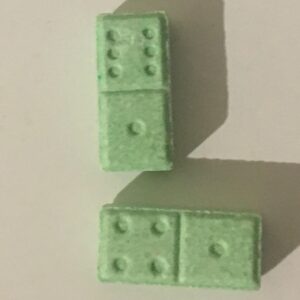
What Does MDMA Do to Your Brain?
MDMA increases the release of neurotransmitters like serotonin, dopamine, and norepinephrine in the brain. This flood of chemicals leads to feelings of euphoria, emotional closeness, and increased energy. However, this also depletes serotonin levels, causing the “come-down” or feelings of fatigue and depression after use. MDMA’s effects on the brain’s reward system make it appealing for recreational use, but repeated exposure can lead to neurotoxicity and long-term mental health issues, such as depression and anxiety.
What Are the Effects of Beans Domino MDMA?
The effects of MDMA can vary depending on dosage, purity, and the individual’s physiology. Common effects include:
1. Euphoria and increased sociability.
2. Heightened sensory perception.
3. Reduced anxiety and increased emotional openness.
4. Increased heart rate and sweating.
Negative effects can include nausea, dehydration, teeth grinding, and overheating. Severe reactions may involve serotonin syndrome, confusion, or seizures, especially if the drug is combined with alcohol or other stimulants.
Why Is MDMA Called “Beans” or “Domino”?
MDMA tablets often feature unique imprints or logos to distinguish them. Terms like “beans” or “domino” refer to MDMA pills with specific appearances or branding. Slang names often change based on local trends, pill design, or popularity within subcultures. However, these names do not guarantee the contents of the pill. Testing the substance is the only reliable way to verify its composition. buy BEANS DOMINO MDMA online.
What Are the Risks of Using MDMA?
The risks of MDMA include both immediate and long-term effects. Immediate risks include overheating, dehydration, and serotonin syndrome. Pills cut with harmful substances such as methamphetamine, fentanyl, or caffeine increase the risk of adverse reactions. Long-term use can result in memory problems, depression, and dependency. Mixing MDMA with alcohol or other drugs amplifies these risks. Even a single dose of contaminated MDMA can lead to life-threatening consequences, making it crucial to test pills before use. BEANS DOMINO MDMA near me.
How Can You Test the Purity of MDMA?
Testing kits are widely available and allow users to determine the presence of MDMA or harmful additives. Reagent testing involves placing a small sample of the pill or powder into a liquid that changes color based on its chemical composition. While these tests are not foolproof, they can reduce the risk of ingesting dangerous substances. Organizations like DanceSafe provide resources and kits for harm reduction. Testing substances is a critical step in ensuring user safety.

What Happens If You Overdose on MDMA?
Overdosing on MDMA can lead to severe health complications, including serotonin syndrome, overheating, and organ failure. Symptoms include rapid heart rate, high body temperature, confusion, agitation, and seizures. In extreme cases, overdose can result in coma or death. Immediate medical attention is necessary for anyone showing signs of MDMA overdose. Cooling the body and hydrating the person while awaiting emergency services can help mitigate the effects.
Can MDMA Be Addictive?
While MDMA is not as physically addictive as opioids or cocaine, it can be psychologically habit-forming. Users may develop tolerance, requiring higher doses to achieve the same effects. Frequent use can lead to dependence, where individuals rely on the drug for social interactions or emotional relief. Withdrawal symptoms, including fatigue, depression, and irritability, may occur after stopping use. Recognizing these patterns and seeking professional help is essential for addressing dependency.
What Precautions Should Be Taken When Using MDMA?
For those who choose to use MDMA, harm-reduction practices are essential:
1. Test the substance for purity.
2. Start with a low dose and avoid re-dosing.
3. Stay hydrated but avoid overhydration.
4. Take breaks from dancing or physical activity to prevent overheating.
5. Avoid mixing MDMA with alcohol or other drugs.
While abstinence is the safest approach, these precautions can reduce the risks associated with MDMA use.
How Long Do the Effects of MDMA Last?
The effects of MDMA typically begin within 30 to 60 minutes of ingestion and last about 3 to 6 hours. Users may experience a “come-up” phase with increased energy and euphoria, followed by a plateau of heightened sensory perception and emotional closeness. The “come-down” phase includes fatigue, mood swings, and irritability, lasting up to 24 hours. Long-term aftereffects, such as depression or difficulty concentrating, can persist for days.

Is MDMA Legal?
MDMA is classified as a Schedule I controlled substance in many countries, including the United States. This classification means it is illegal to possess, produce, or distribute MDMA due to its high potential for abuse and lack of accepted medical use. Despite its legal status, there is ongoing research into MDMA’s therapeutic potential for treating PTSD and other mental health conditions. Advocacy for its controlled medical use continues to grow.
What Is the Therapeutic Potential of MDMA?
In recent years, MDMA has gained attention for its therapeutic potential, particularly in treating PTSD. Clinical trials have shown that MDMA-assisted psychotherapy can help patients process traumatic experiences and improve emotional regulation. Under controlled conditions, MDMA promotes emotional openness and reduces fear, enabling deeper therapeutic engagement. The FDA has designated MDMA as a “breakthrough therapy,” and further research is ongoing to evaluate its safety and efficacy in clinical settings.
What Are the Long-Term Effects of MDMA?
Chronic MDMA use can lead to long-term health issues, including memory loss, difficulty concentrating, and mood disorders such as depression and anxiety. These effects are thought to result from damage to serotonin-producing neurons in the brain. Individuals who use MDMA frequently or in high doses are at greater risk of experiencing these negative outcomes. Long-term use can also strain the cardiovascular system, increasing the risk of heart disease.
How Can MDMA Harm Reduction Be Promoted?
Harm reduction involves strategies to minimize the risks associated with MDMA use. Public education on the importance of substance testing, hydration, and recognizing overdose symptoms is critical. Organizations like DanceSafe and The Loop provide resources, testing kits, and on-site testing at festivals and events. Encouraging open conversations about drug use and reducing stigma can further promote safer practices and prevent unnecessary harm.
Conclusion
Beans Domino MDMA refers to branded forms of MDMA commonly used recreationally for their euphoric and empathetic effects. While MDMA may offer therapeutic benefits in controlled settings, its recreational use carries significant risks, including overdose, addiction, and long-term health issues. Education and harm-reduction strategies, such as substance testing and hydration, are essential for mitigating these risks. For those considering or already using MDMA, adopting safer practices and understanding the potential consequences can make a significant difference. Ultimately, the safest approach is to avoid using MDMA altogether, but promoting informed decision-making is key to reducing harm.
Be the first to review “BEANS DOMINO MDMA” Cancel reply
Related products
DMT
Psilocybin Mushrooms
Other Psychedelic
MDMA
Psilocybin Mushrooms
Psilocybin Edibles
Psilocybin Mushrooms
MDMA



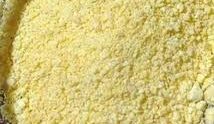

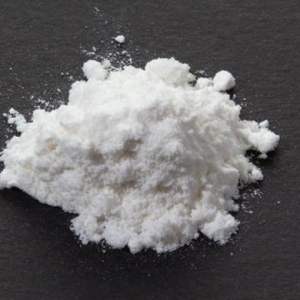
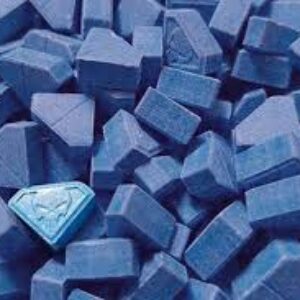



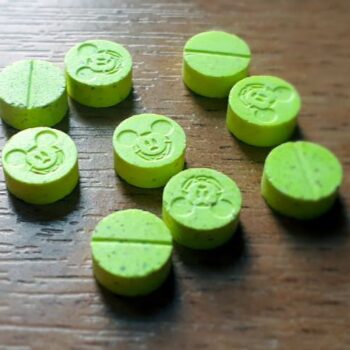
Reviews
There are no reviews yet.